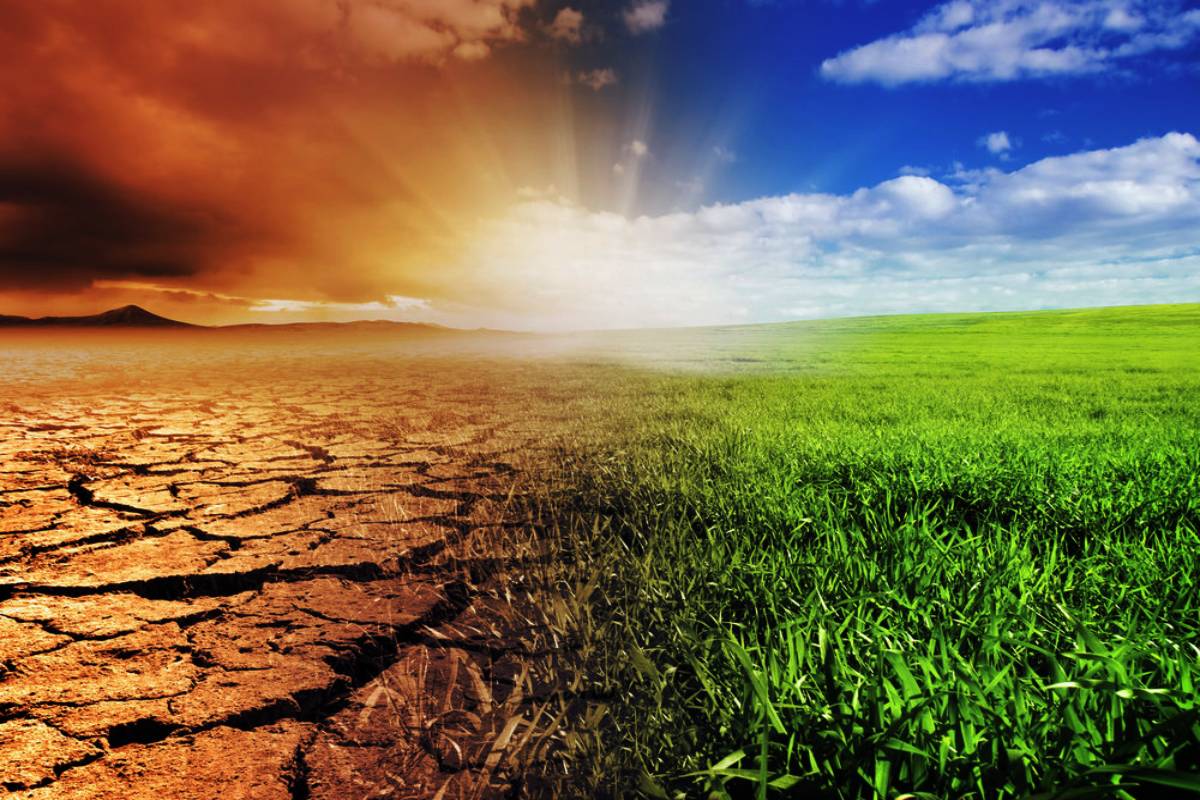Europe in decline?
The Nobel Prize winning Columbia University economist Edward Phelps maintains that innovation is the key to economic growth, prosperity and human happiness.
As China records its highest temperature ever ~ 52.2 deg C in the western Xinjiang province ~ and as Sicily and Sardinia in southern Europe brace for temperatures in excess of 48 deg C

Climate Change (representational image)
As China records its highest temperature ever ~ 52.2 deg C in the western Xinjiang province ~ and as Sicily and Sardinia in southern Europe brace for temperatures in excess of 48 deg C; as the world recorded its hottest week ever and as climate emergencies envelope large parts of the planet, it has become clear that the catastrophe we were warned about is upon us. No longer is news of the weather a footnote on front pages, or the last segment of news broadcasts; it is grabbing headlines with a fury that is frightening.
Several parts of North America, Europe and Asia are braced for scorching heat conditions that threaten to compromise the quality of life, while leading to wildfires and evacuations. Elsewhere in the world, including closer home, rivers are spilling their banks; floods threaten cities and land erosion has wiped highways off the map. The world’s preoccupation with weather apps, the tendency to assess conditions several times a day, and the frequency of natural disasters have grown exponentially. Since the beginning of this year, the influence of El Nino conditions, when the Pacific Ocean absorbs less heat from the atmosphere, has been predicted and experts believe that 2023 may well be the hottest year on record. If that is bad news, worse is in store with 2024 expected to be hotter still. The changes in weather patterns have seen unusual events around the world. Japan, for instance, is battling torrential rains in some parts of the country while in others heatstroke alerts have been sounded. America has sounded heat wave alerts, and meteorologists warn that the upper limits of such waves are being breached. After some 40 people were killed by floods and landslides in South Korea, President Yoon Suk Yeol announced that with extreme weather becoming commonplace, he had decided to “completely overhaul” the country’s response to climate-change induced events. But what are humans doing as disasters descend on them?
Climate negotiations remain, as they have for several years, a work in progress, their pace stultifying and their direction uncertain. The United States and China are the world’s largest climate villains, and they are still trying to find common ground that may set the tone for a fruitful Conference of Parties (COP28) at Dubai four months from now. As envoys of the two countries, John Kerry and Xie Zhenhua, meet in Beijing this week, the issues they will discuss are sickeningly familiar, reducing CO2 emissions and cutting down the use of coal even as countries, including China, build new coal plants. The political class, regardless of the systems followed by countries, remains rooted in the status quo, and unwilling to change its ways. Nature has warned us often ~ even as Messrs. John and Xie meet, a typhoon is bearing down on China ~ but we seem unwilling, or unable to listen.
Advertisement
Advertisement